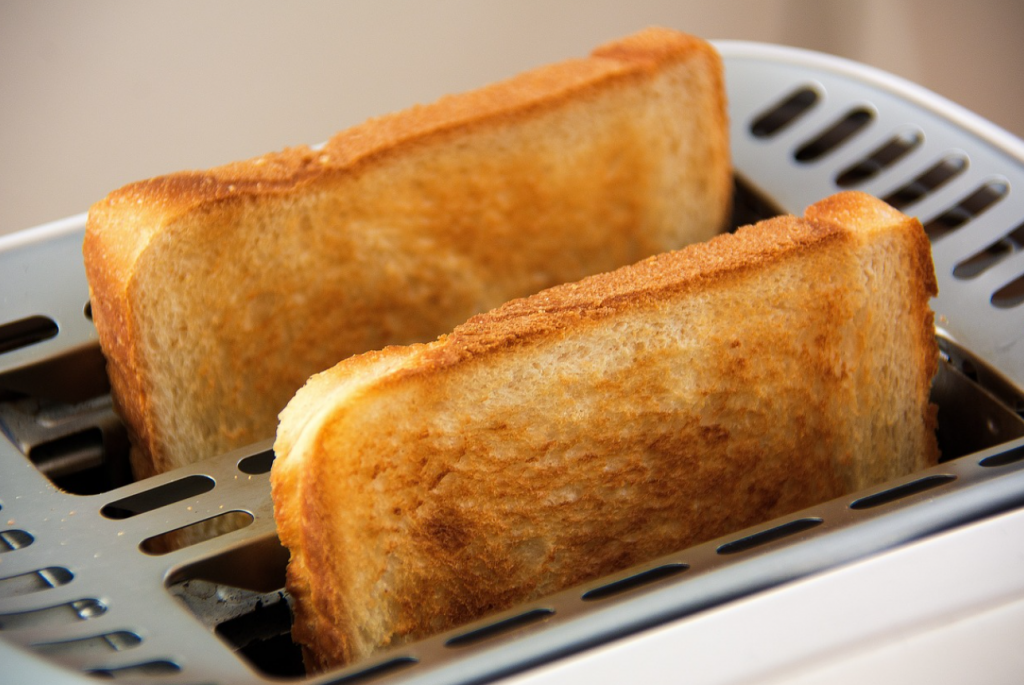Introduction: What Makes a Toaster ‘Smart’?
In today’s world, it seems like everything is becoming “smart.” From refrigerators to vacuum cleaners, it’s hard to escape the allure of gadgets that promise to make life easier. But when it comes to toasters, the big question is: Are these so-called “smart” devices really worth the hype, or are they just another gimmick? In this article, we’ll dive deep into the world of smart toasters, exploring their features, their real benefits, and whether they live up to the promises made by manufacturers.
What is a Smart Toaster?
A smart toaster is essentially an upgraded version of the traditional toaster. It integrates modern technology, such as Wi-Fi or Bluetooth, to connect with apps or smart home systems. This means you can control your toaster remotely, adjust settings like browning level, and even receive notifications when your toast is done. Some models even come with voice control features, allowing you to command your toaster using virtual assistants like Alexa or Google Assistant.
How Do Smart Toasters Work?
Smart toasters typically work through an app or integrated smart home system. After setting up the device on your home network, you can adjust various settings from your phone or tablet. Some toasters allow for precise control of how dark your toast gets, while others might let you choose preset programs for different types of bread. The idea is to bring convenience and precision to a simple task—making toast.
The Rise of Smart Appliances
Smart Technology in the Kitchen
Smart appliances have exploded in popularity over the last decade. From ovens that preheat remotely to fridges that keep track of your grocery inventory, technology has seeped into every corner of the kitchen. Smart toasters are just the latest in this wave, capitalizing on the growing trend of convenience, efficiency, and customization.
Consumer Expectations and Trends
Today’s consumers expect more than just basic functionality from their appliances. They want products that offer added convenience, seamless integration with their daily lives, and a certain level of personalization. Smart toasters cater to these expectations, offering an upgraded experience that promises to save time, enhance precision, and integrate with other devices.
Are Smart Toasters Actually Useful?
The Convenience Factor
One of the primary selling points of smart toasters is convenience. Imagine waking up, grabbing your phone, and starting your toaster from the comfort of your bed. By the time you reach the kitchen, your toast is perfectly browned and ready to go. Sounds tempting, right? For those who lead a busy lifestyle or love gadgets, this feature can be a game-changer.
Customization and Control
Smart toasters give you the ability to fine-tune your toasting preferences. You can set the exact level of toastiness or select from a range of presets for different bread types. Whether you prefer a light golden hue or a deep, crispy crunch, smart toasters allow for a level of customization that traditional toasters can’t match.
App Integration
Many smart toasters come with an app that lets you control the device remotely. With the app, you can adjust settings, monitor the toasting process, and even set schedules. This means you can have your toast ready as soon as you walk into the kitchen—perfect for those on-the-go mornings.
Voice Control Features
For added convenience, some smart toasters are compatible with voice assistants like Alexa, Google Assistant, or Siri. Simply ask your virtual assistant to start toasting, and your device will do the rest. This hands-free operation is particularly useful if you have your hands full with other tasks in the kitchen.
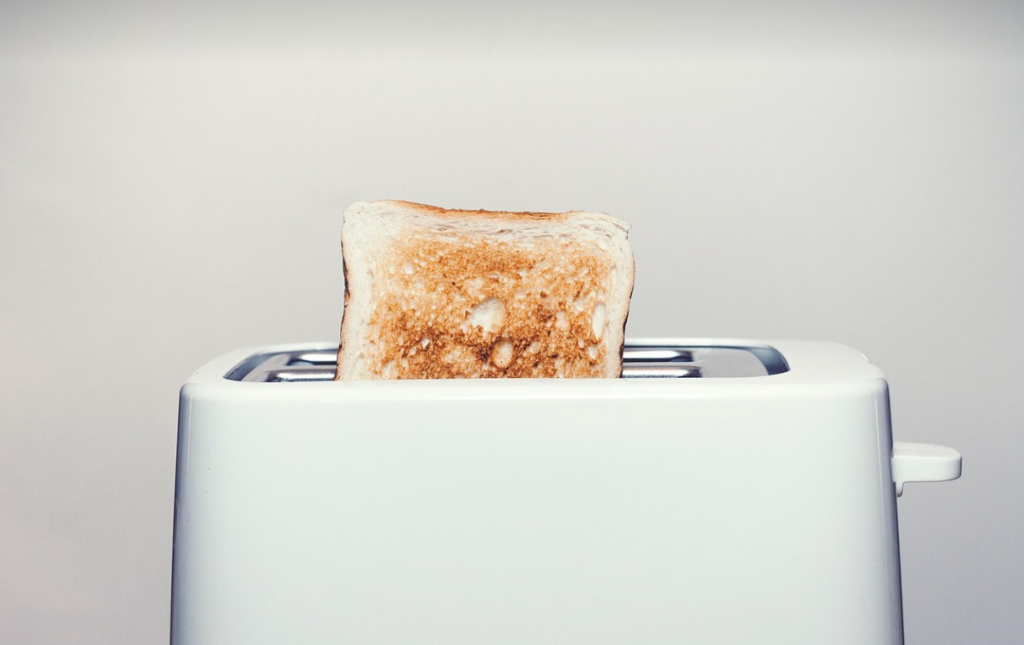
Potential Downsides of Smart Toasters
Price vs. Performance
One of the biggest concerns with smart toasters is their price. They often come with a hefty price tag, which can be hard to justify when you compare them to traditional toasters. While you’re paying for the added tech features, it’s important to ask whether the convenience and customization are worth the additional cost.
Durability and Reliability
As with any high-tech appliance, there’s the issue of durability. While traditional toasters may last for years, smart toasters are still relatively new to the market. This raises concerns about their long-term reliability. Will the app still function properly in a few years? Will the toaster continue to work after the warranty expires? These are questions that need to be considered before investing in a smart toaster.
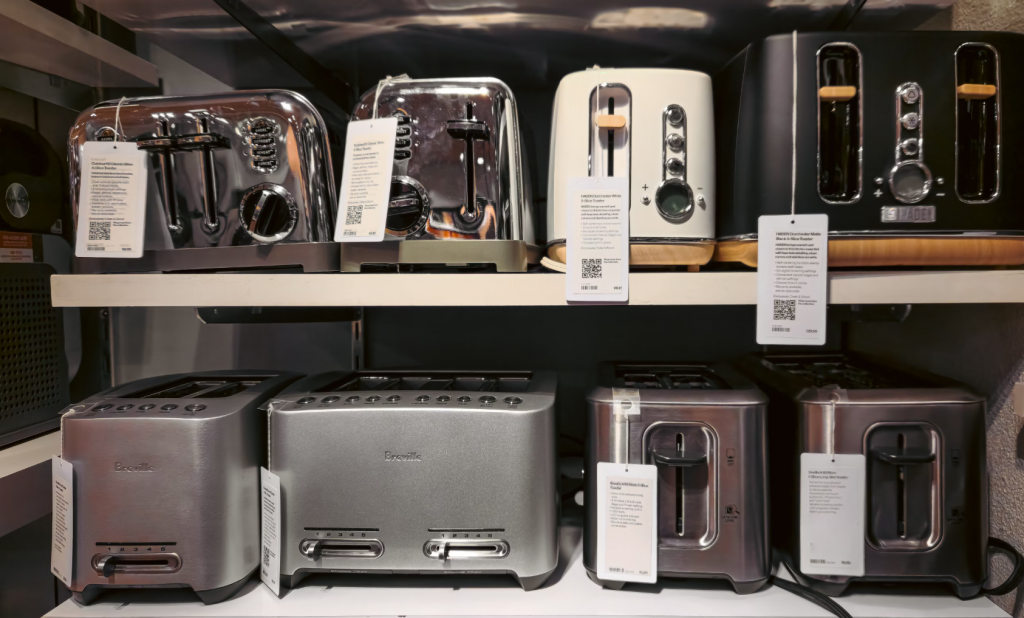
Complexity and User Experience
Smart toasters can also be more complicated to use than their simpler counterparts. The added features and functions may overwhelm some users, particularly those who are less tech-savvy. If you’re someone who just wants to make toast quickly without fiddling with an app or voice commands, a smart toaster might not be for you.
Limited Lifespan of Technology
As technology evolves at a rapid pace, there’s always the concern that your smart toaster may become obsolete. What happens when the app no longer supports new updates, or when the technology becomes outdated? This could make your once cutting-edge appliance feel like yesterday’s news.
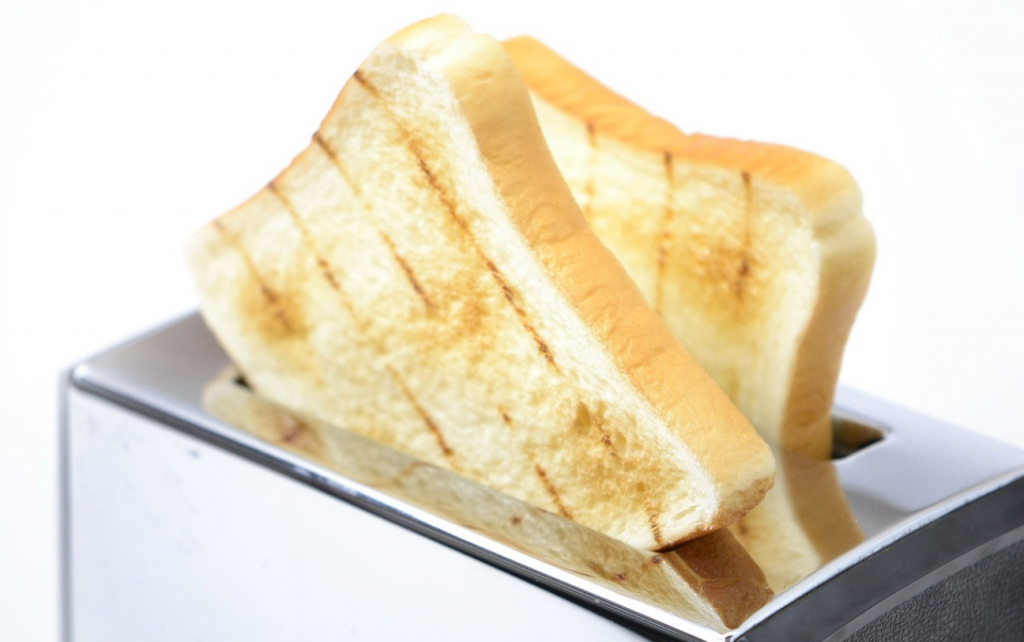
Are Smart Toasters Just a Gimmick?
Marketing vs. Reality
The marketing behind smart toasters often promises a level of convenience and innovation that may not always live up to the hype. While the idea of controlling your toaster remotely or adjusting settings from your phone is appealing, it’s important to question whether these features genuinely add value to your daily life. For many, a simple toaster will do the job just fine.
Who Should Consider Buying One?
Smart toasters are ideal for tech enthusiasts who enjoy having the latest gadgets in their kitchen. They’re also a good option for people who have a busy lifestyle and value the ability to control their appliances remotely. However, for those who are happy with a traditional toaster, the added features of a smart toaster may not provide enough benefit to justify the cost.
Conclusion: The Verdict on Smart Toasters
So, are smart toasters a gimmick? Not necessarily. They offer real benefits, such as convenience, customization, and app integration. However, these benefits come at a higher price point, and the added features may not be necessary for everyone. If you’re a gadget lover or someone who thrives on convenience, a smart toaster could be a worthwhile investment. But if you’re just looking for a simple, reliable appliance that gets the job done, a traditional toaster might still be your best bet.
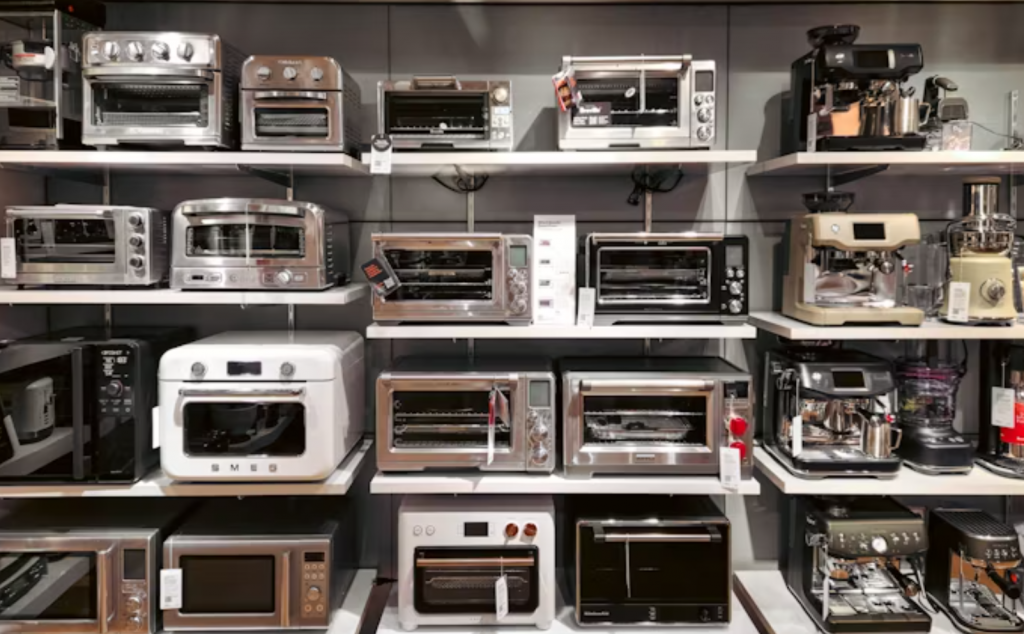
Frequently Asked Questions
- Are smart toasters worth the money? It depends on your lifestyle and preferences. If you value convenience and the latest technology, they may be worth the investment. However, if you prefer simplicity, a regular toaster could be more cost-effective.
- Do smart toasters make better toast? While they offer more control and customization, the quality of the toast is largely comparable to that of traditional toasters. The difference lies in the added convenience and precision.
- How long do smart toasters last? The lifespan of a smart toaster can vary, but like any tech product, it may become outdated or face issues as technology evolves. Regular toasters tend to last longer, as they have fewer moving parts and don’t rely on apps.
- Can I control a smart toaster without an app? Some smart toasters offer voice control, allowing you to use virtual assistants like Alexa or Google Assistant to start toasting without needing the app.
- What happens if the app for my smart toaster stops working? If the app stops working, you may still be able to use the toaster manually, but you’ll lose the convenience of remote control and customization features.
